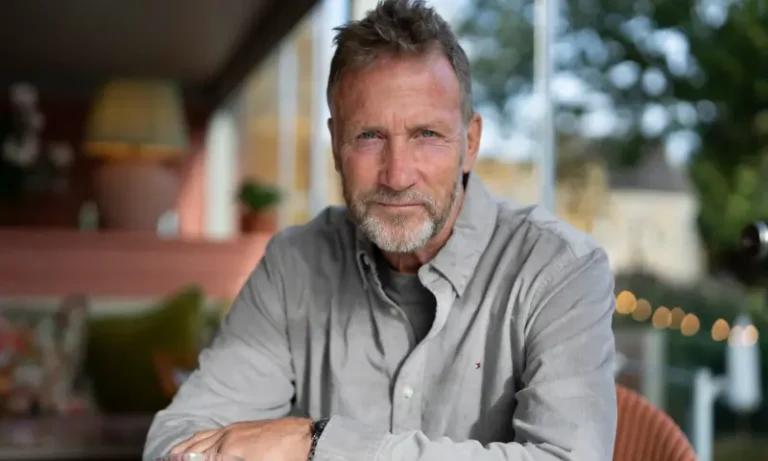Former ICC match referee and England cricketer Chris Broad has accused the International Cricket Council of showing favoritism towards India, alleging that political influence has crept into the decision-making process. In an interview with The Telegraph, Broad said he often faced pressure to be lenient with India during his 20-year tenure as a referee.
Also Read: BJP Minister Calls Issue of Australian Cricketers a ‘Lesson’
Broad, who served as an ICC match referee from 2003 to 2024 and officiated in numerous India matches, revealed that he was instructed to reduce penalties for India in certain over-rate situations. “India were three, four overs down at the end of a game, so it constituted a fine. I got a phone call saying, be lenient, find some time because it’s India. So we had to find some time, brought it down below the threshold,” Broad said.
He added that in the very next match, when the same issue occurred, he was told to proceed with the penalty. “It’s like, right, OK. So there were politics involved right from the start,” he remarked, describing the inconsistency in the decision-making process.
Broad also reflected on the growing influence of India within world cricket, stating, “India got all the money and have now taken over the ICC. I’m pleased I’m not around because it’s a much more political position now than it ever has been.” He admitted that match officials today must either be politically savvy or keep a low profile to survive.
Interestingly, Broad admitted surprise when the ICC first approached him for the referee’s role, considering his own controversial playing history, which included refusing to walk after being dismissed and knocking over his stumps during the Bicentennial Test. However, as The Telegraph noted, the ICC saw him as someone who could empathize with the pressures faced by players on the field.
During his long career as a referee, Broad said he managed to “dodge a lot of bullets,” referring not only to political challenges but also physical danger. He recalled surviving the 2009 Lahore attack when militants targeted the Sri Lankan cricket team. “To last 20 years in that politically active environment is a pretty good effort,” he said, describing himself as someone guided by a sense of right and wrong.
Broad compared his stance to that of former umpire Darrell Hair, who also took firm ethical positions. “Darrell was another right-and-wrong-type individual, and he was ousted because of his beliefs. That was a big learning thing for me,” he said.
Reflecting on his time with the ICC, Broad credited former umpires’ manager Vince van der Bijl for providing strong backing to match officials. “We were supported by Vince while he was in position because he came from a cricketing background, but once he left, the management became a lot weaker,” Broad noted.
His comments have reignited debate about the ICC’s governance structure and India’s growing power in international cricket. Many within the cricket community have long expressed concern that financial dominance and political influence may be compromising the sport’s integrity. Broad’s candid revelations now add weight to those fears, raising questions about how much independence match officials truly have in the modern game.


